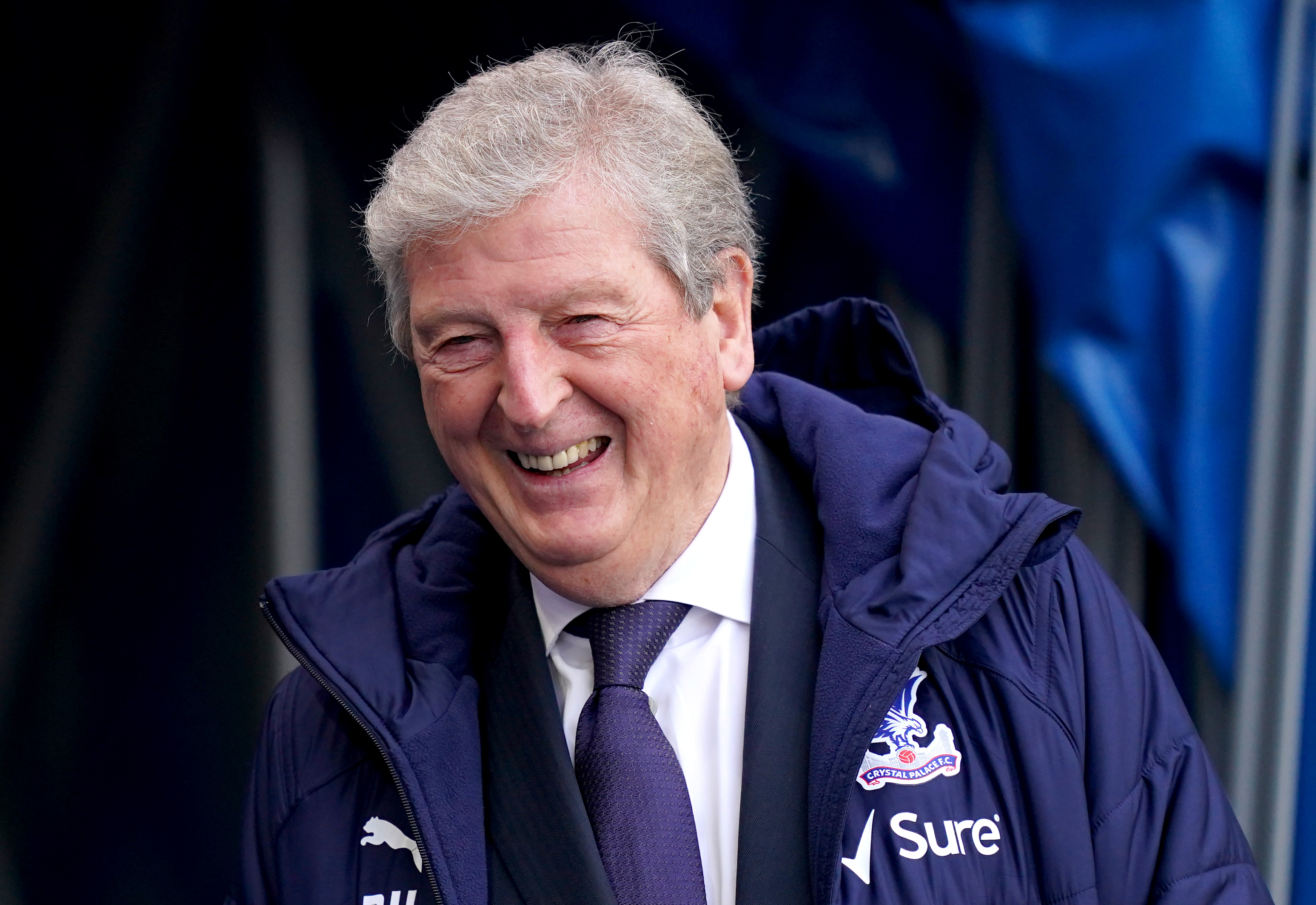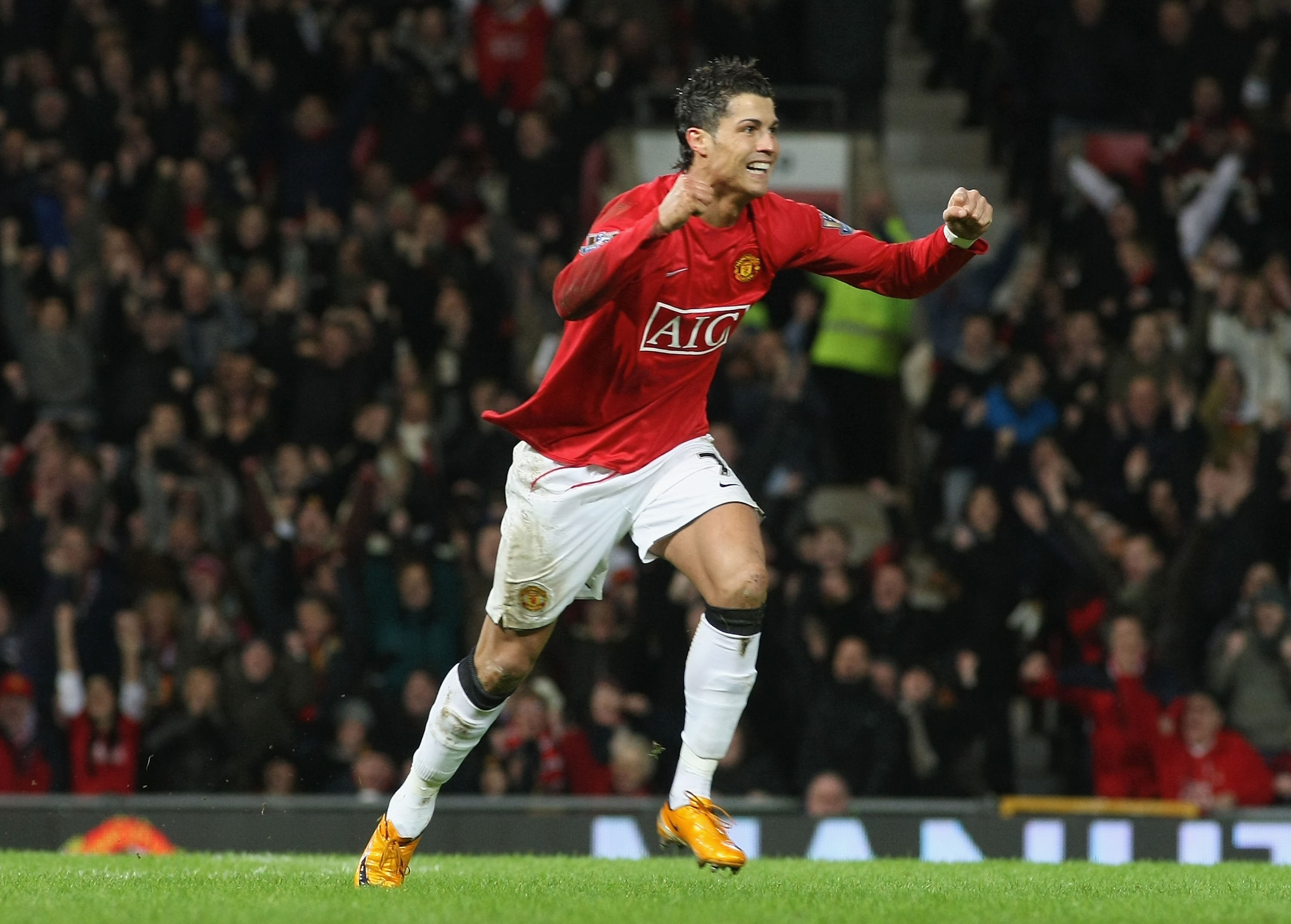Roy Hodgson: Why his unique achievements in football may never be equalled
Roy Hodgson departs Crystal Palace at the end of the season, and may possibly retire - his career has been remarkable

It feels a cruel trick of the fixture list. A final-day meeting of Liverpool and Crystal Palace means Roy Hodgson finishes at the club where he arguably fared worst, in front of the fans whose dislike of him has been voiced long after his ill-fated spell on Merseyside was curtailed.
But as an epic career of 45 years and 21 jobs in eight countries may be ending, Crystal Palace’s departing manager does not deserve to be defined by the disappointments, by Liverpool and England, by reigns that ended with defeats to Blackpool and Iceland.
Because no one ever had a career quite like Hodgson’s before, and perhaps no one will again. He started managing in his 20s and he is still going in his 70s. The Premier League’s oldest ever manager first took charge of Halmstads when Harold Wilson was Prime Minister, Gerard Ford was President and Derby County were England’s reigning champions. It was before the first punk rock records and the formation of the Apple Computer Company. It was during both the Cold War and the Cod War (Iceland, victors of the latter, was to be the only Scandinavian country where Hodgson didn’t go on to manage).

It was a different world. And throughout it, he has been the same Roy Hodgson, his Roy Hodgsonness perhaps blinding us to his achievements. He has been the constant and the chameleon, forever devoted to a back four wherever he has been. He famously has a hinterland, but had the motivation to carry on going at an age when, as interviews with his Premier League peers indicate, they have no intention of coaching.
Hodgson’s peers were Howard Kendall and George Graham, not Pep Guardiola and Jurgen Klopp, let alone Ryan Mason; he was older than 19 previous Palace managers – 22 if you include caretakers – and his first game in management was closer in time to the opening of the Sydney Harbour Bridge than the current day. Longevity can be an achievement in itself, particularly in a fast-changing, demanding industry, and few have ever lasted longer.
He has other feats, ones that would be impressive individually but when combined amount to a remarkable body of work. Hodgson has been the greatest manager of clubs as different as Halmstads and Fulham. Perhaps no manager will ever win seven Allsvenskan titles again. Perhaps no Malmo manager will ever beat Inter Milan again. Perhaps no one else will ever coach Fulham to a European final. Perhaps no one else will take Switzerland to third in the world rankings; nor, in an age when more spots in major tournaments are available, end Switzerland’s 28-year exile from the biggest stages.
When Serie A was the world’s most glamorous league and Inter among its most prestigious clubs, they appointed a former PE teacher with no record of success in his home country. It was a credibility-defying rise from obscurity. Hodgson’s journey, via Sweden and Switzerland, made him a one-man antidote to English insularity.
Get FourFourTwo Newsletter
The best features, fun and footballing quizzes, straight to your inbox every week.
"I shall miss football, there's no question of that."💔 Roy Hodgson bids an emotional farewell to the Crystal Palace supporters at Selhurst Park... pic.twitter.com/YXVZkQ9Z2lMay 19, 2021
His eventual homecoming was heart-warming. For the best part of a decade, it felt as though his sacking by Blackburn had ended his time in England. He was destined to be an export, sometimes a forgotten one. Recognition in his homeland came late and if his fortunes with Liverpool and England suggested that Hodgson was at his best organising relatively limited players rather than liberating more gifted individuals, perhaps others took inspiration and went further: he was an influence on managers as different as Sven-Goran Eriksson and Klopp.
But the multilingual Hodgson’s methods translated well to a certain level of club. He showed a timeless consistency. He had nine seasons in charge of Fulham, West Brom and Palace and kept each up; the first with a great escape and the last eight times comfortably. A decade before Juventus plotted to create a Super League, their 4-1 defeat at Craven Cottage showed why it was a repulsive idea. Hodgson was the pragmatist who allowed Fulham to dream.
Over 45 years, he was the moderniser who became a throwback, yet somehow without losing his effectiveness. Now Hodgson has not confirmed if he will head off into retirement. It may be fitting if he does; to end with Palace will mean he has come full circle, the globetrotter who finished at his local club.
Hodgson watched Palace in the old fourth division and, six decades later, managed them in the Premier League. The route the Croydon bus driver’s son took in between is a reason why he is forever a unique footballing life.
Subscribe to FourFourTwo today and get a FREE England Euro 96 shirt!
NOW READ
RICHARD JOLLY Why do Chelsea struggle to win after falling behind?
QUIZ Can you name every player Roy Hodgson played for England?
GOODBYE ROY The highs and lows of Roy Hodgson’s 45 years in management
Richard Jolly also writes for the National, the Guardian, the Observer, the Straits Times, the Independent, Sporting Life, Football 365 and the Blizzard. He has written for the FourFourTwo website since 2018 and for the magazine in the 1990s and the 2020s, but not in between. He has covered 1500+ games and remembers a disturbing number of the 0-0 draws.

